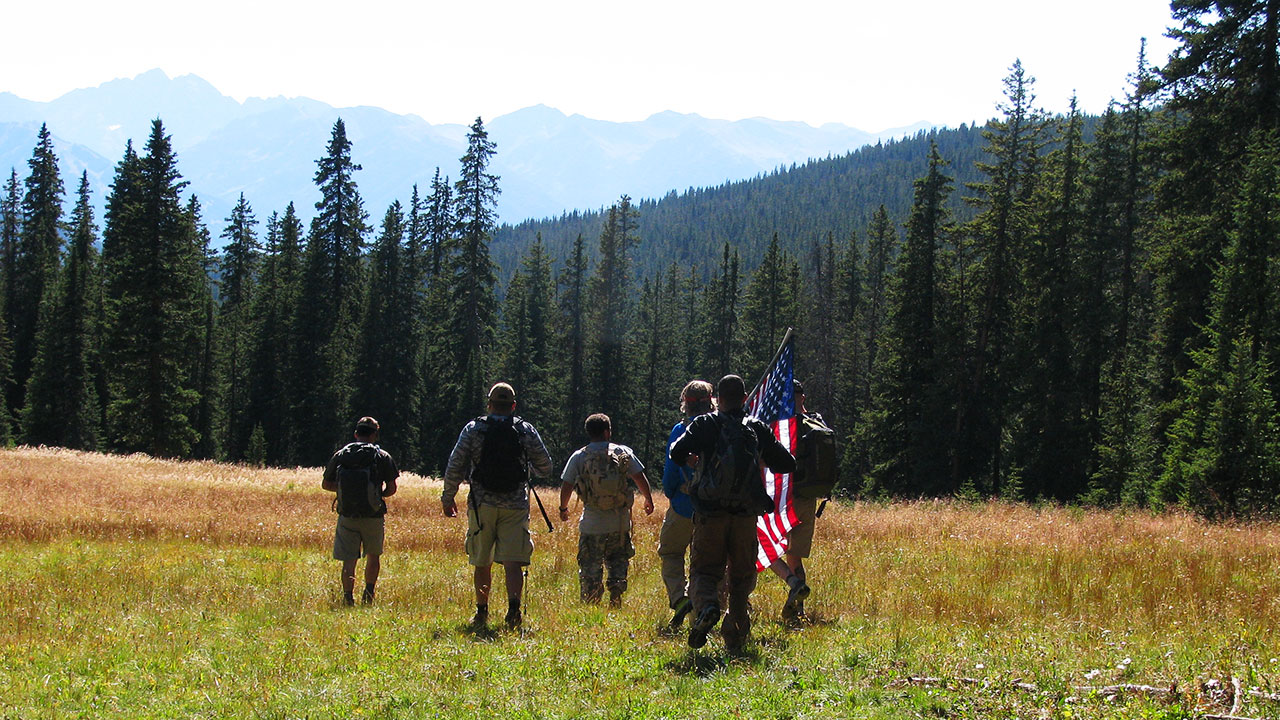Life After Huts for Vets
By Erik Villaseñor
Spending three days in the wilderness surrounded by vast mountain ranges, lush forests, and running streams can do amazing things to your mind, body and soul. Mix in the camaraderie of a small group of veterans led by an organization with a passionate sense of service to help heal veterans, and you have yourself a life changing experience – one that I truly believe can help those who have experienced war, have been greeted by the Darkness, and look to acknowledge its presence in a healthy and respectful way.
By integrating a wilderness therapy program into a warrior’s return into society, you’re arming him/her with an alternative way to cleanse the warrior mind and spirit. Studies have shown, and history tells us, that Mother Nature plays a huge role in mental health. Our connection to nature is primal and deeply rooted in our psyche, playing a crucial role in our cognitive functions (re: Your Brain on Nature). This leads to the conclusion that those who have experienced combat should return to the wilderness to seek peace, solitude and meaning in their now transformed mind.

